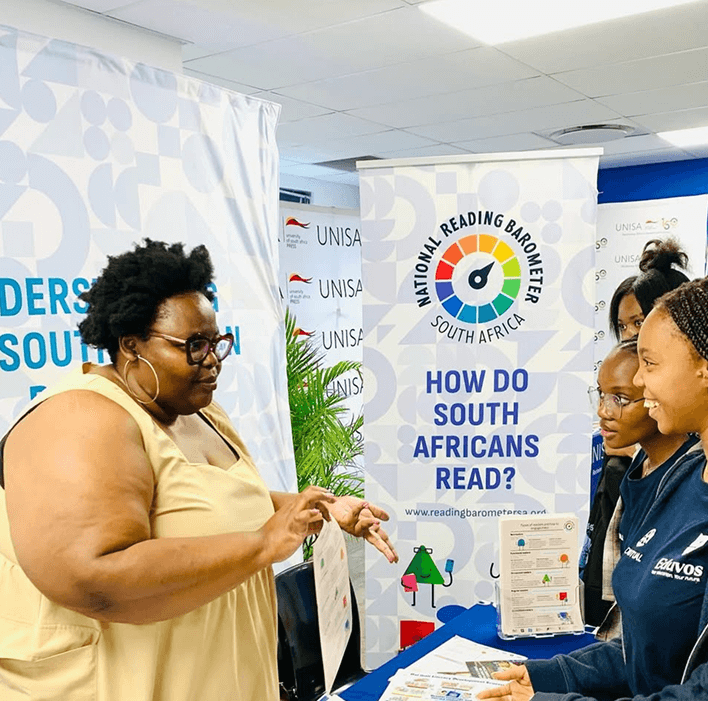
Latest news
Sharing insights and materials from the National Reading Barometer at the Durban International Book Fair.
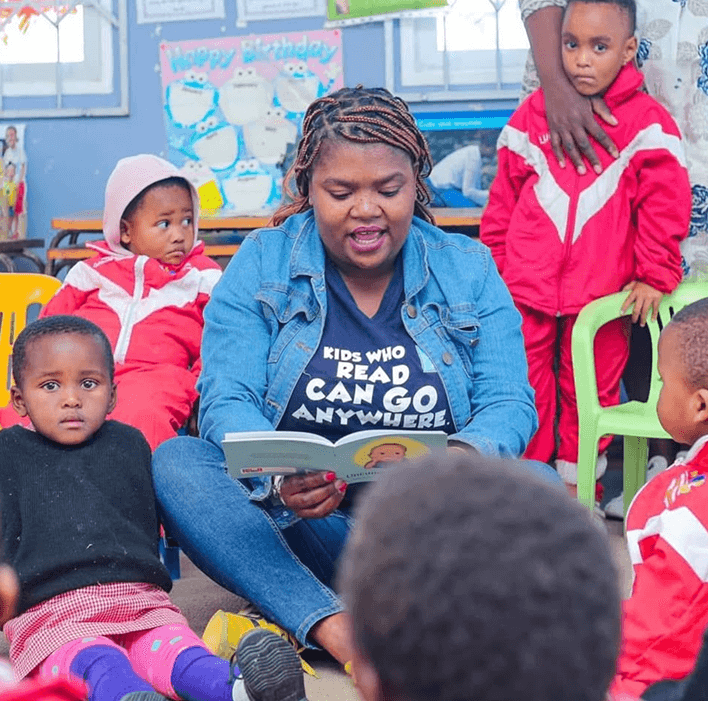
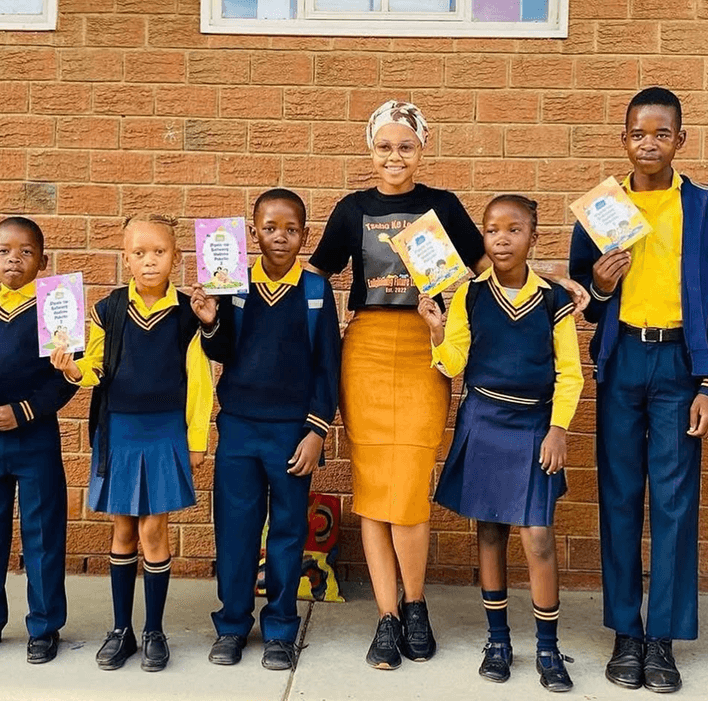
Latest news
Basetsana Sheane founded Tsebo Ke Lesedi Reading Club to inspire young readers. Start your own club by texting “courses” to 0600 44 22 54.

Latest news
Sharing insights and materials from the National Reading Barometer at the Durban International Book Fair.
Dive into fun resources, tools, and communities to spark a love of reading.
Dive into a world of stories, games, and activites! Explore More >
Empowering young mind’s with our resource’s! Explore More >
Discover how your generosity can make a difference! Explore More >
Discover tips, tools, and fun ideas to support your little reader! Explore More >
Build your skills with expert resources and exciting workshops Explore More >
Join the adventure with books, buddies, and reading fun! Explore More >
Discover amazing stories full of Africa’s colours and magic!
Listen to amazing audio stories from Africa’s bold and beautiful culture!
Listen to amazing audio stories from Africa’s bold and beautiful culture!
Unleash Your Imagination with Exciting Printables and Activities!
Nal’ibali (isiXhosa for “here’s the story”) is South Africa’s national reading-for-enjoyment campaign, inspiring children aged 0–12 to love reading with stories in all South African languages. By promoting home languages, Nal’ibali helps children build literacy skills and develop a lifelong reading culture. Adults play a key role in nurturing this love of stories and supporting children’s growth.
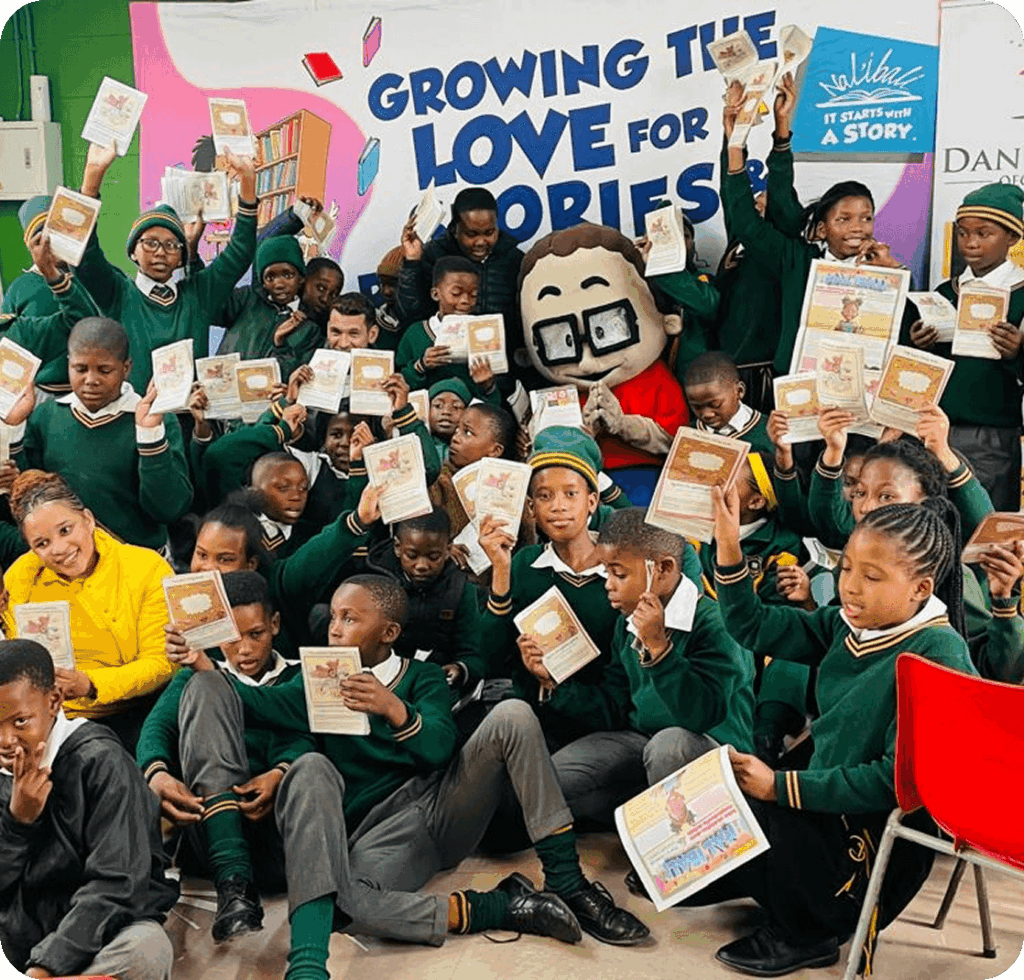
This is where Nal’ibali’s work on the ground comes to life, bringing the love of stories to children all over the country.
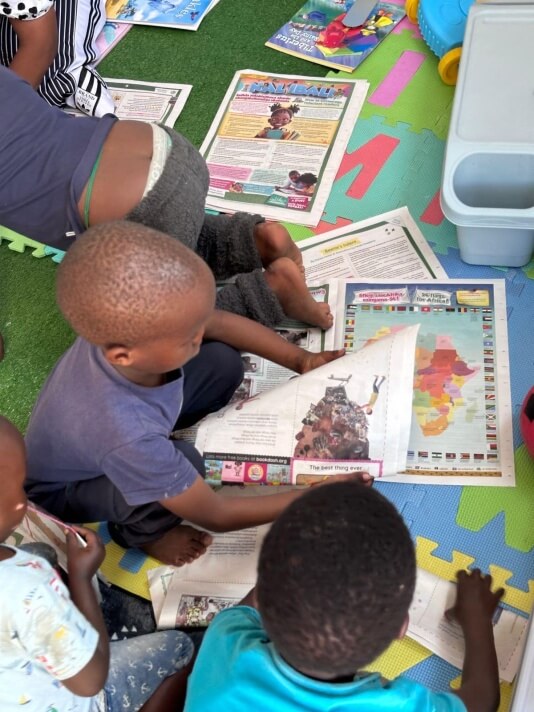
June is Nal’ibali Newspaper Supplement Month. During the month, Nal’ibali celebrates the impact that the Nal’ibali Reading…
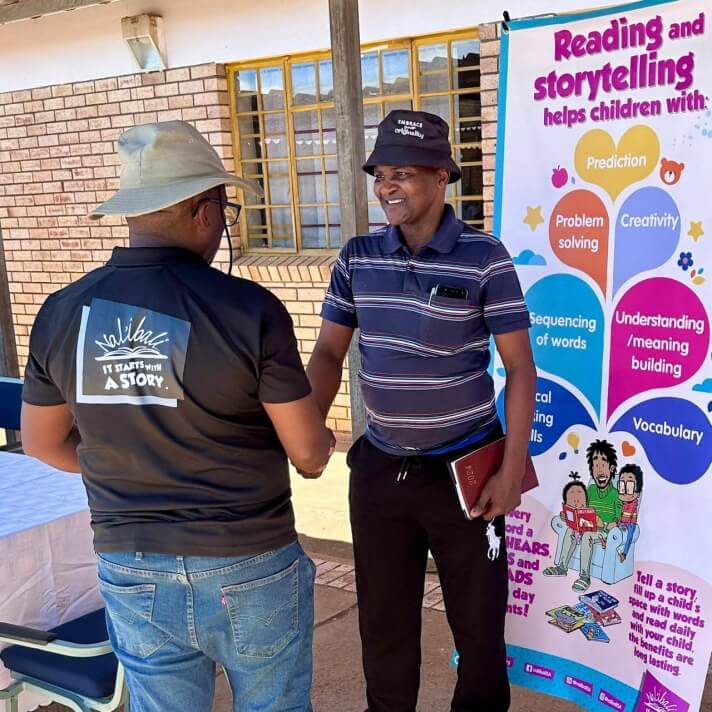
The Nal’ibali Men’s Literacy Imbizo aims to upskill men in the literacy space and create a network of men who are interested in building a culture of reading for enjoyment in their communities.
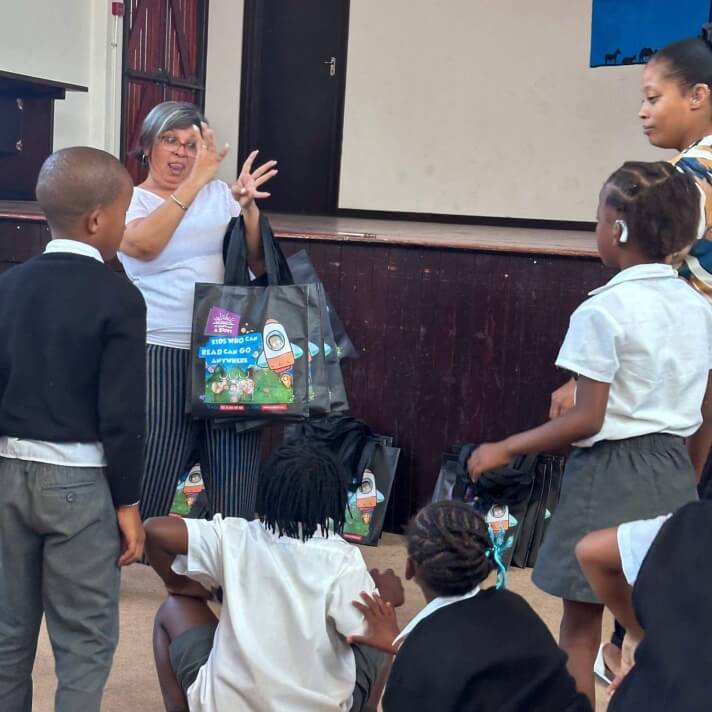
Nal’ibali uses Mother Language Day to raise awareness about the importance of all 12 South African languages in literacy development
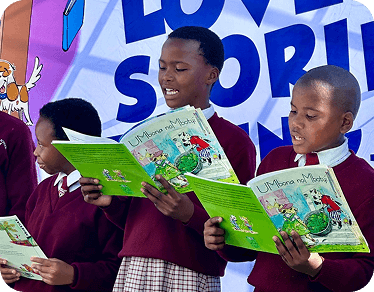
We celebrate World Read Aloud Day every year by writing a special story in all 12 SA language…
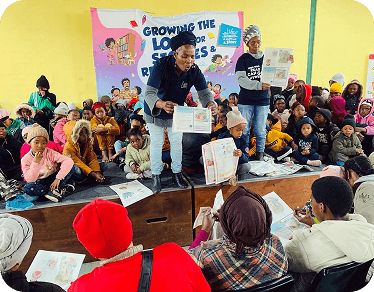
Literacy day and heritage month is celebrated in September and each year, Nal’ibali is celebrates the rich diversity of culture…
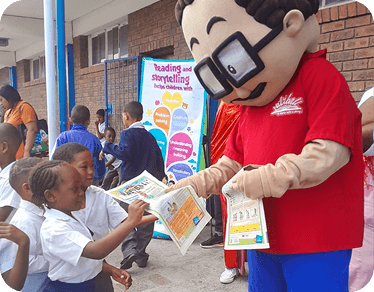
Nal’ibali uses Book Day to highlight the importance of access to literacy materials in the mother tongue, and to distribute books across South Africa.
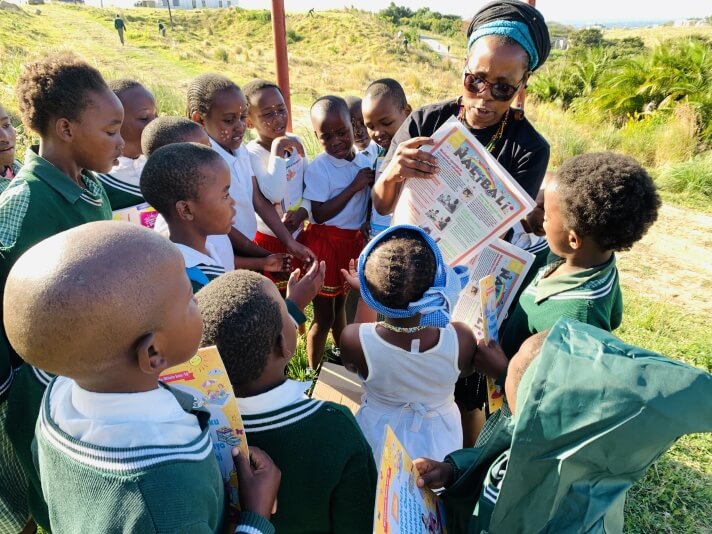
During Mandela Month, Nal’ibali hosts reading-aloud sessions, and play-based learning activities…
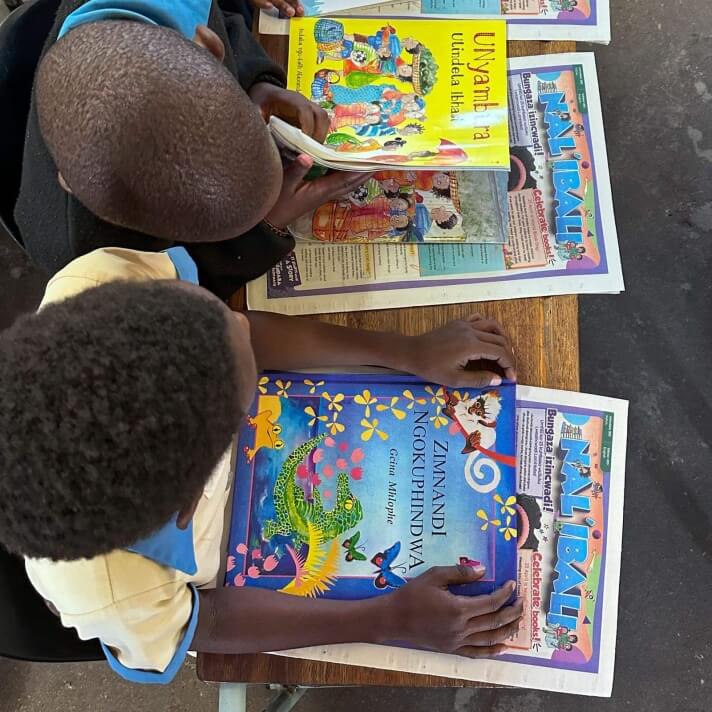
Nal’ibali sees D.E.A.R as an opportunity to foster a culture of reading for enjoyment at schools, home, preschool, and in communities.

June is Nal’ibali Newspaper Supplement Month. During the month, Nal’ibali celebrates the impact that the Nal’ibali Reading…

The Nal’ibali Men’s Literacy Imbizo aims to upskill men in the literacy space and create a network of men who are interested in building a culture of reading for enjoyment in their communities.

Nal’ibali uses Mother Language Day to raise awareness about the importance of all 12 South African languages in literacy development

We celebrate World Read Aloud Day every year by writing a special story in all 12 SA language…

Literacy day and heritage month is celebrated in September and each year, Nal’ibali is celebrates the rich diversity of culture…

Nal’ibali uses Book Day to highlight the importance of access to literacy materials in the mother tongue, and to distribute books across South Africa.
Latest news

Latest news
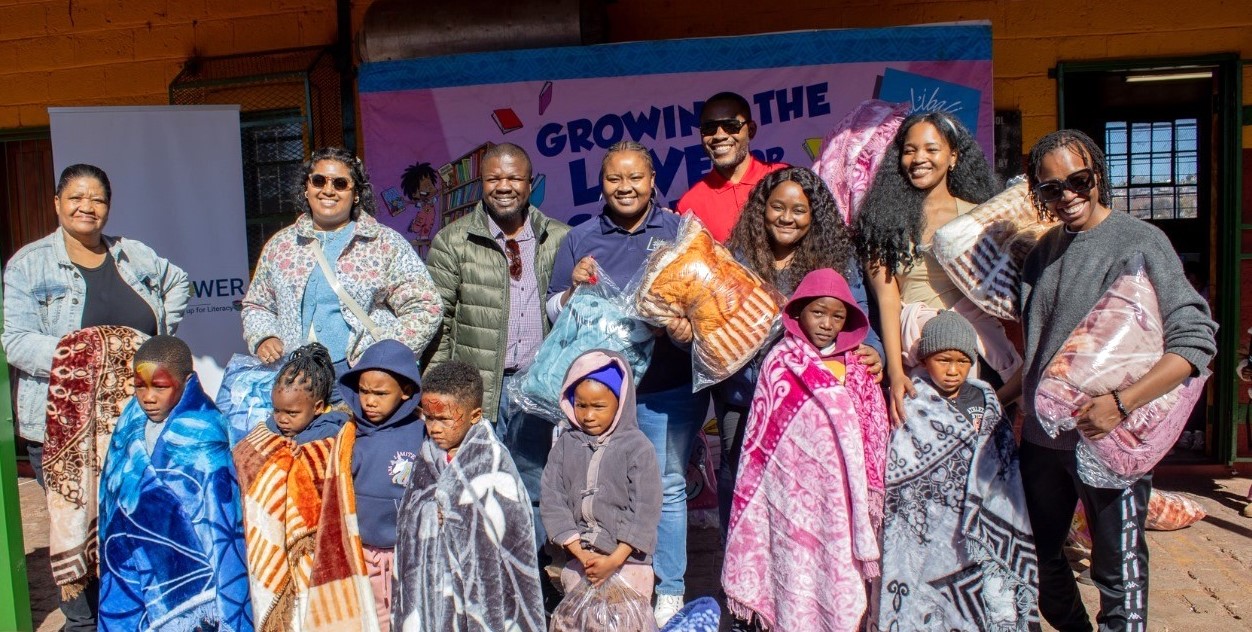
Latest news
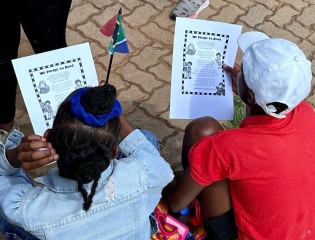
Latest news
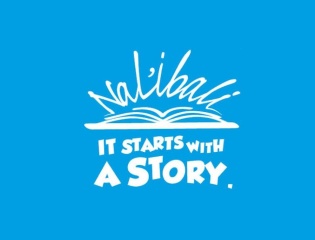
Latest news

Latest news

Catch our latest moments, stories, and inspiration straight from Instagram.








Join Nal’ibali as a volunteer and help spark a lifelong love of reading in children. Together, we can build a brighter future—one story at a time.
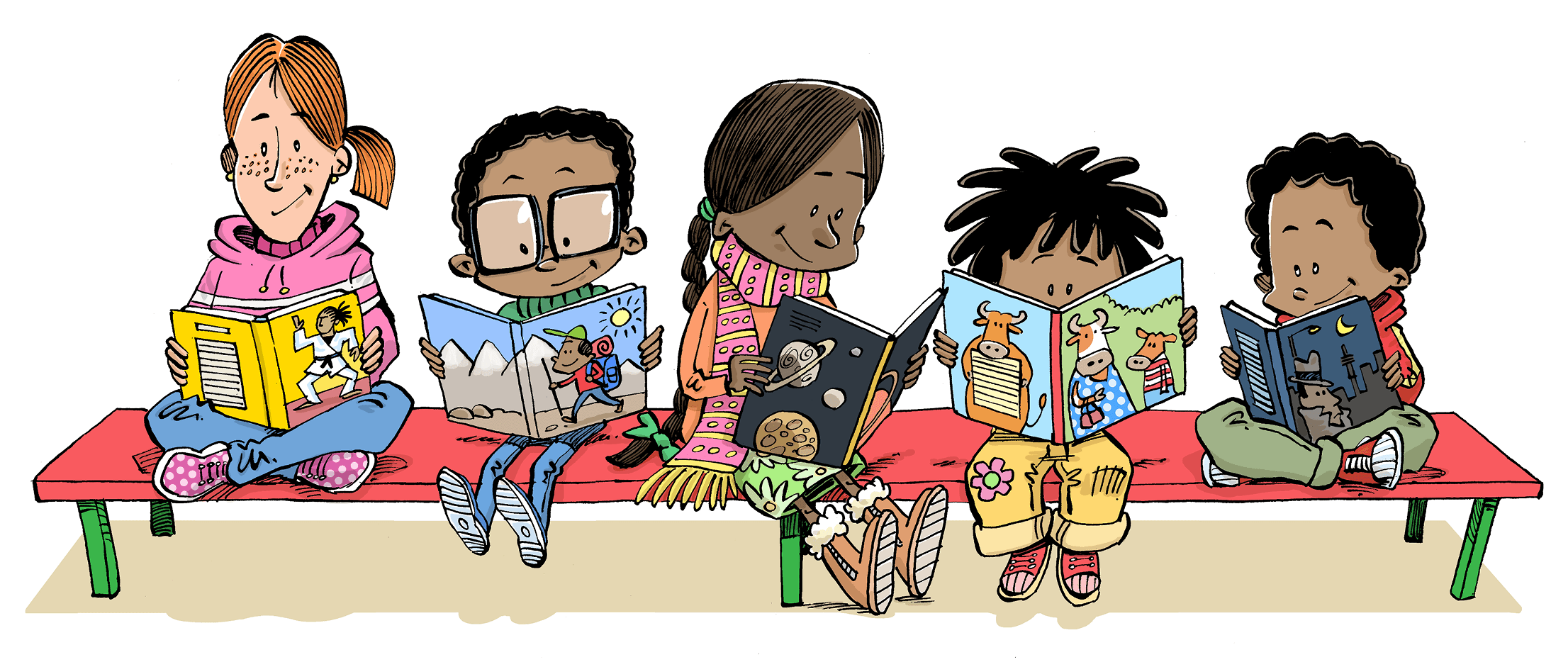
2 Dingle Avenue |Kenilworth | Cape Town 7708 | Western Cape
+27 (0)21 448 6000
Media Enquires >
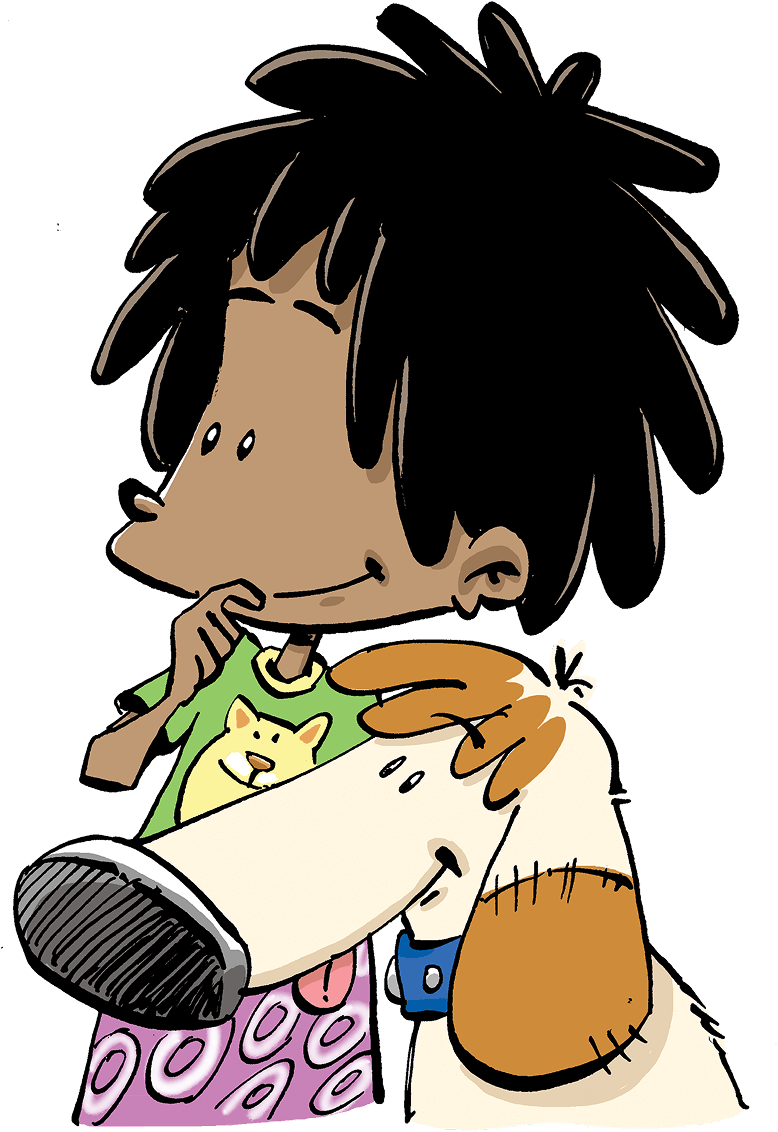
©2024 Nal’ibali. All rights reserved. | Web Design by The Agency.